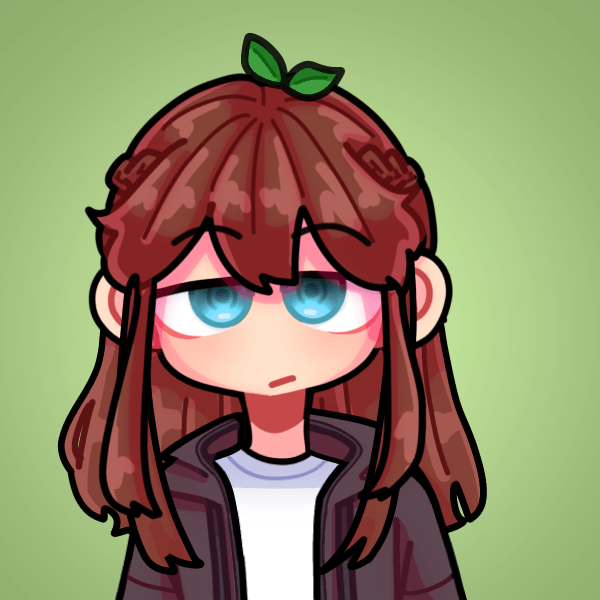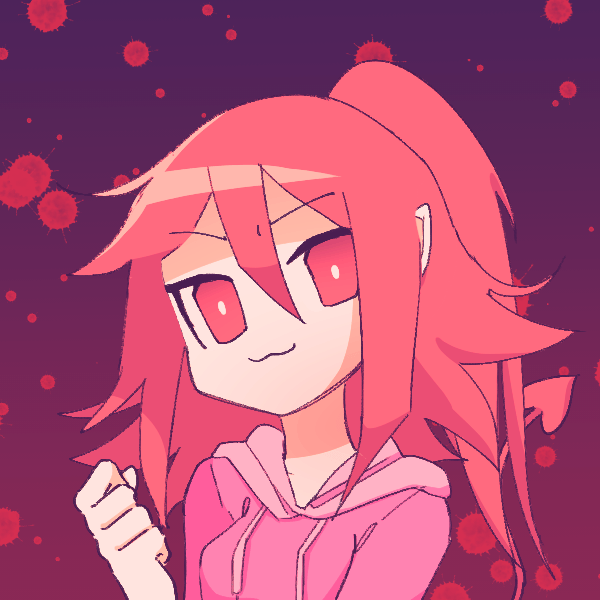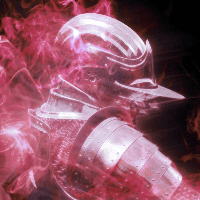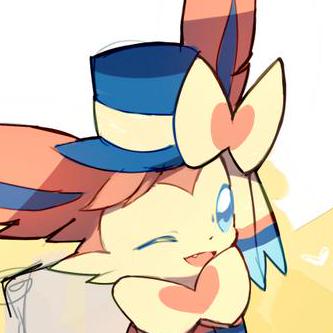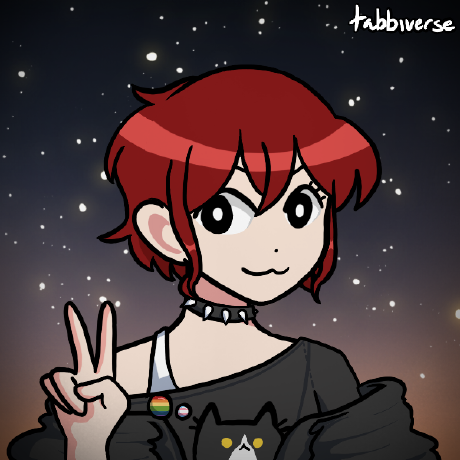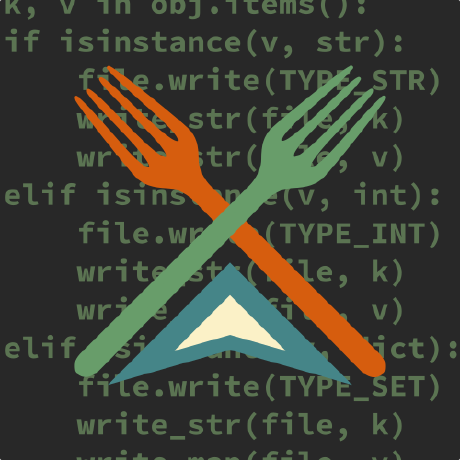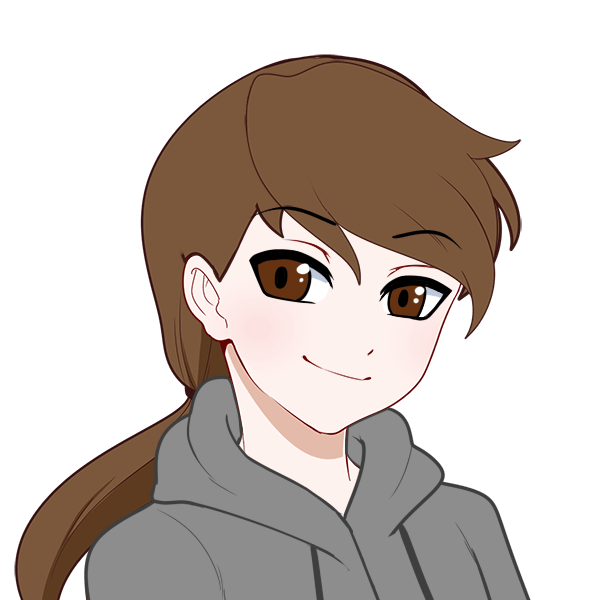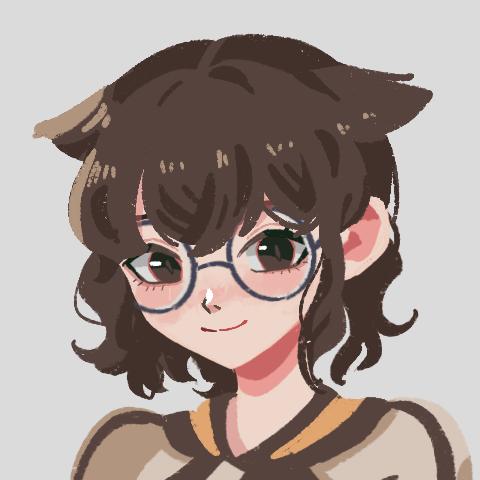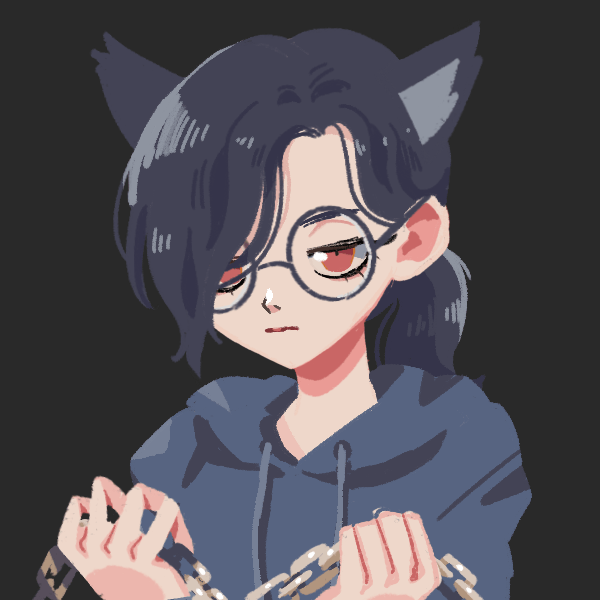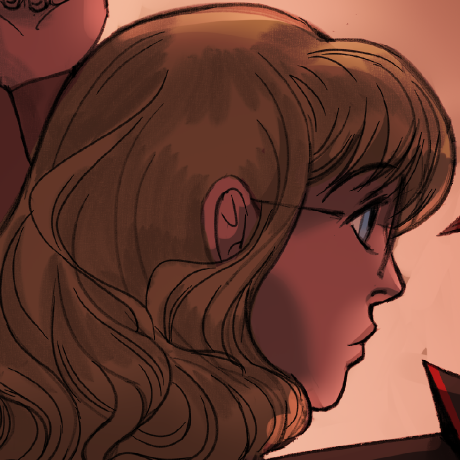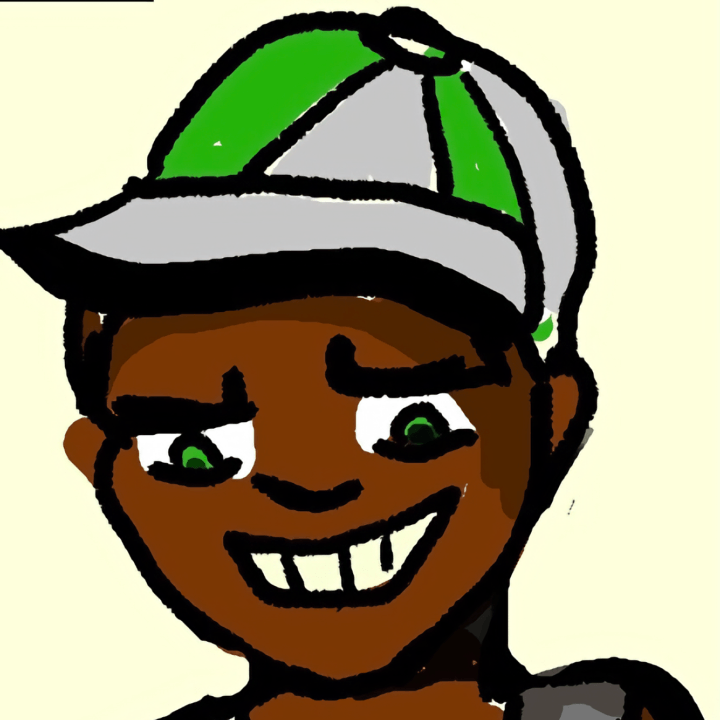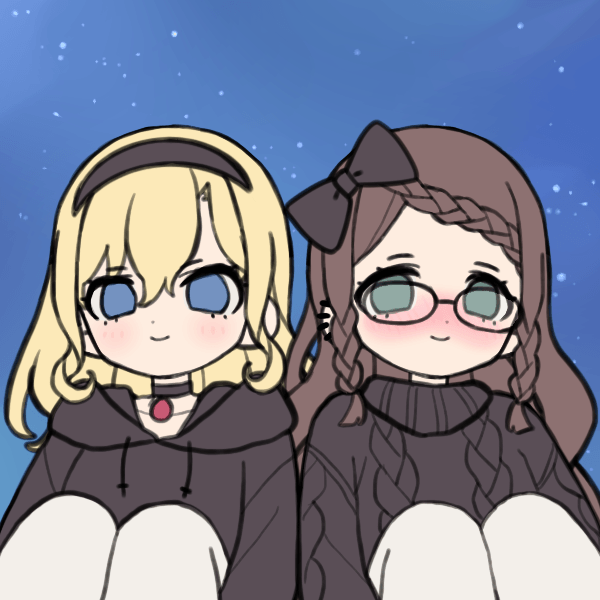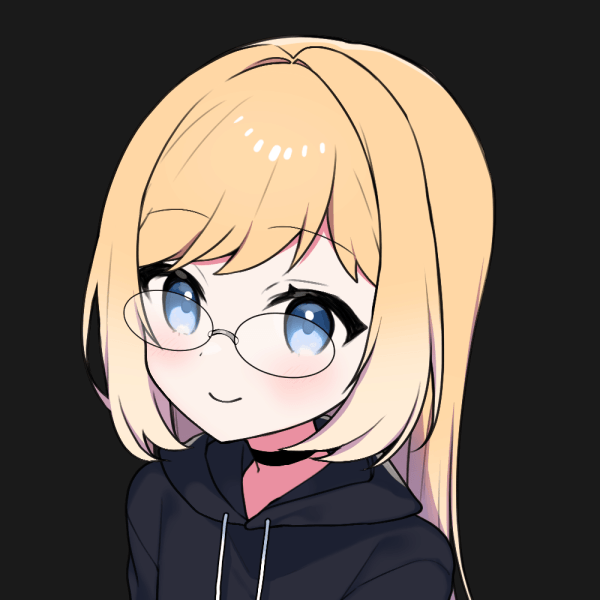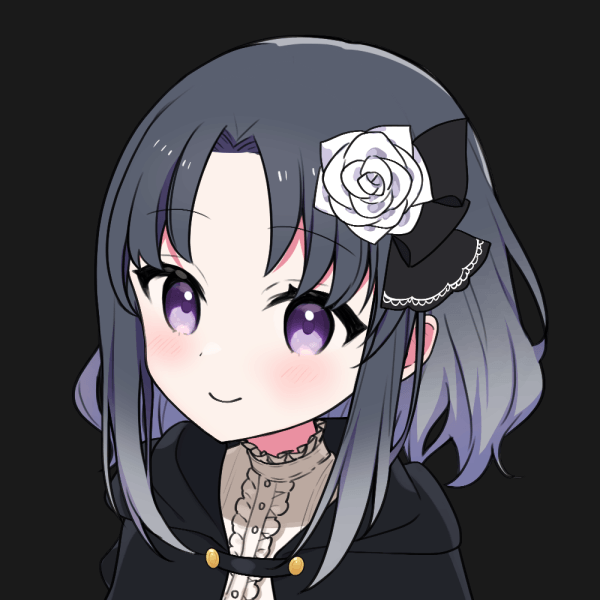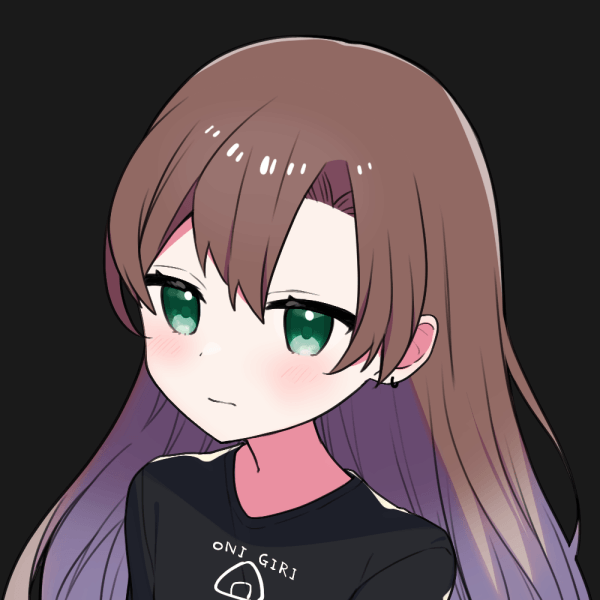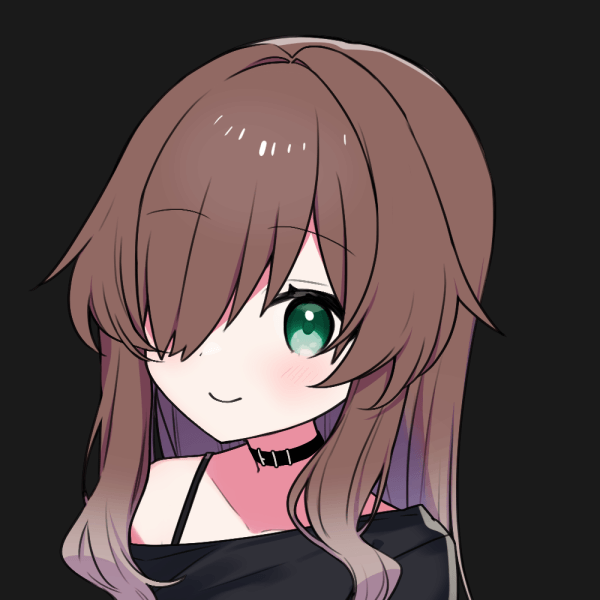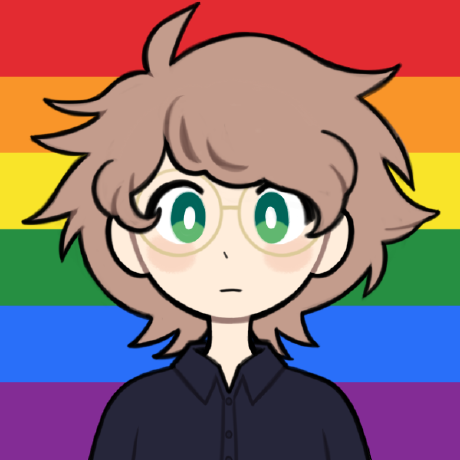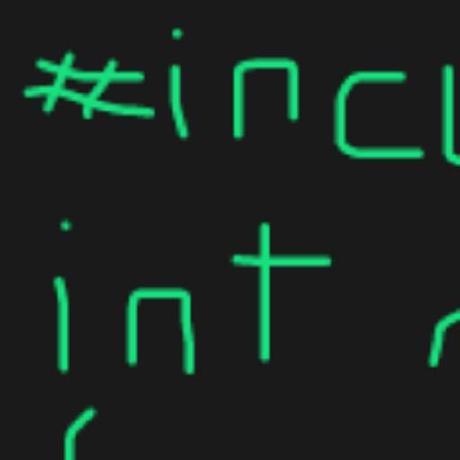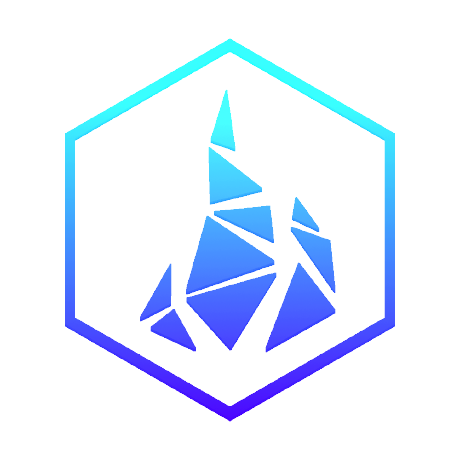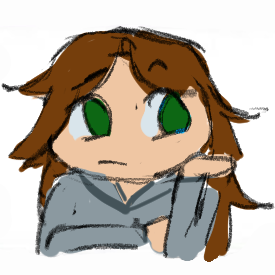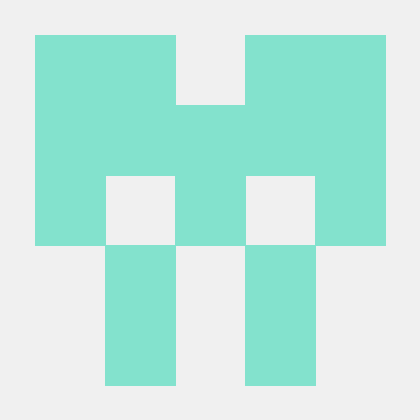Team Listings
Edited: March 22, 2023
Quilt’s governance is split up into many independent teams, some of which have their own subteams and/or leadership structure. Teams are largely responsible for their own management, taking an internally democratic approach towards restructuring and elections.
Additionally, each team also has its own responsibilities. Below, you’ll find a full list of each team and a list of team members, including a description of the team and any relevant subteams and team roles.
Admin Board
The Admin Board is responsible for breaking voting ties, managing permissions on GitHub, managing operational platforms that concern multiple teams and steering the project’s general direction. The Admin Board must always have an odd number of members, to help ensure that ties can be broken cleanly.



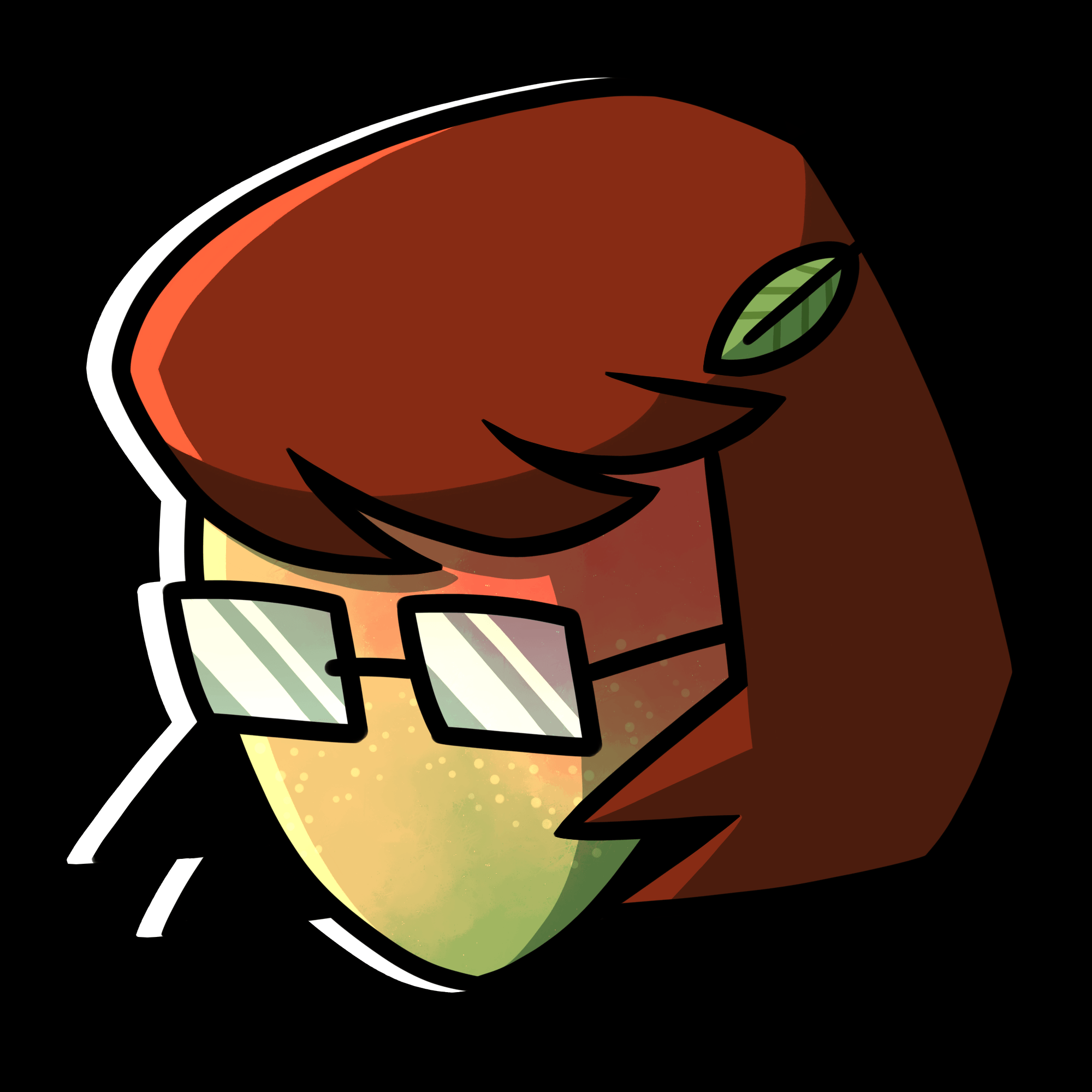
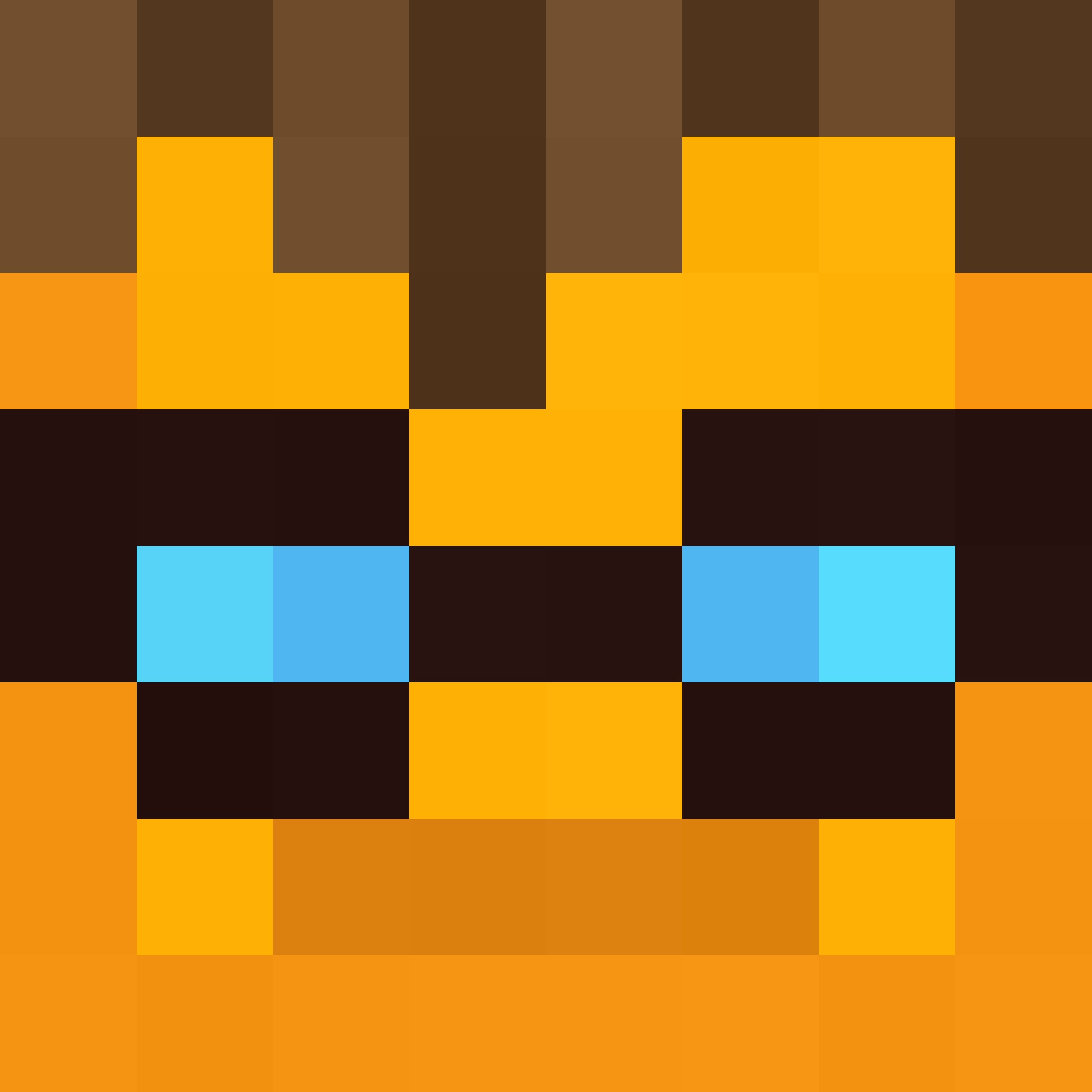
Community Team
The Community Team is a wide-ranging team that is in charge of managing all Quilt community spaces, as well as its social media accounts and public relations tasks. Because this work varies a lot, the Community Team is split up into several sub-teams, which have specific responsibilities.
Keyholders
A Keyholder is only technically a member of the Community Team. Keyholders exist to act as the de-facto owner of a space that doesn’t support the concept of managed group ownership, like Discord. They oversee the rest of the Community Team, promoting and demoting Community Managers as required by the internal voting process. Aside from this, they have no direct involvement with The Quilt Project.
Keyholders are well-known, reputable members of the wider Minecraft modding community. This, along with their lack of involvement or investment in the Quilt project, is important to try to avoid situations where a hostile takeover of a space may be possible.

Community Managers
Community Managers are administrative Community Team members that deal with the day-to-day tasks of maintaining Quilt’s community spaces, as well as supporting and managing the rest of the community team. They’re responsible for properly running elections, interviewing and training new Community Team members, managing the structure of Quilt’s community spaces, writing and receiving feedback on Quilt’s community policies — while also acting as a moderator and inheriting the responsibilities from that position.
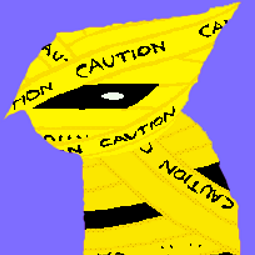
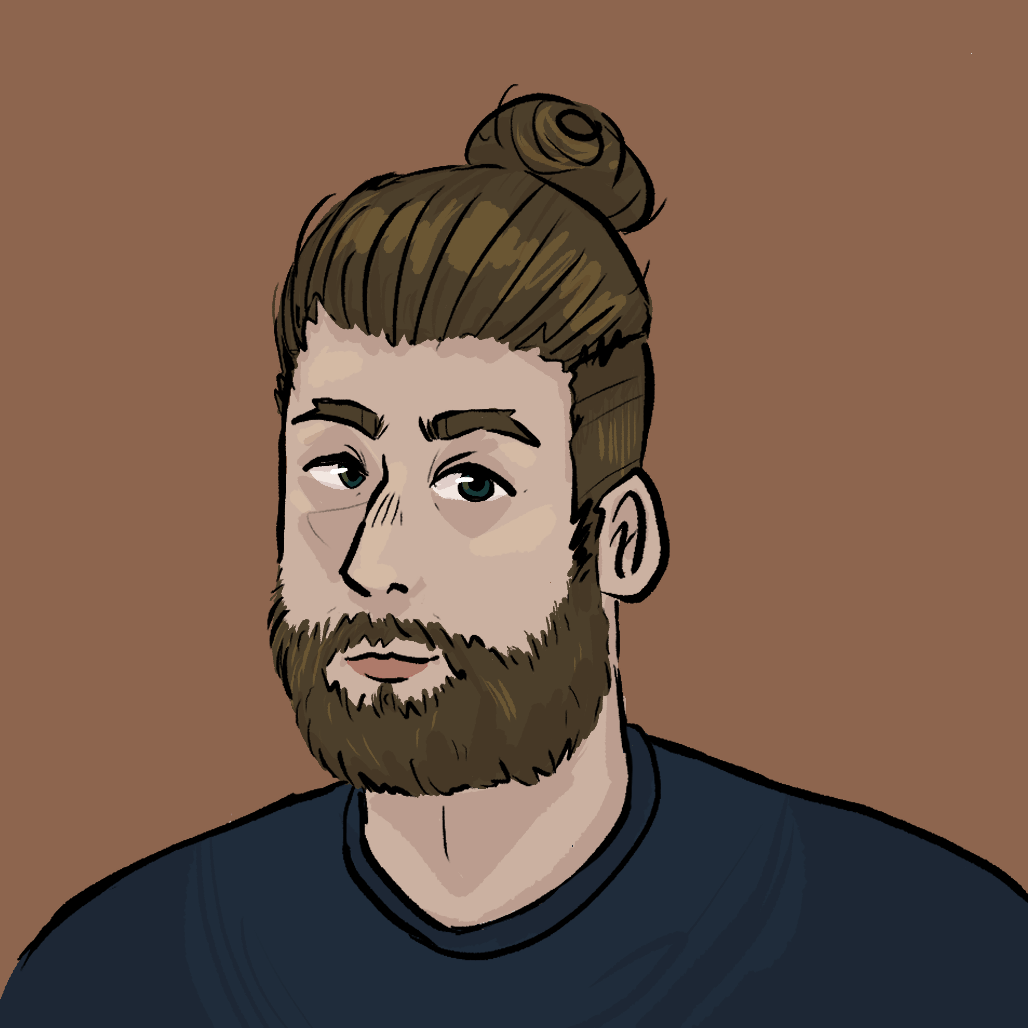


Moderators
Quilt’s Moderator team is responsible for daily moderation tasks in Quilt community spaces. This includes conflict resolution, defensive and reactive moderation tasks and general rule and policy enforcement. Moderators are the backbone of any Community Team, and Quilt’s is no exception — a diverse, active Moderator team has always been instrumental for Quilt’s success.

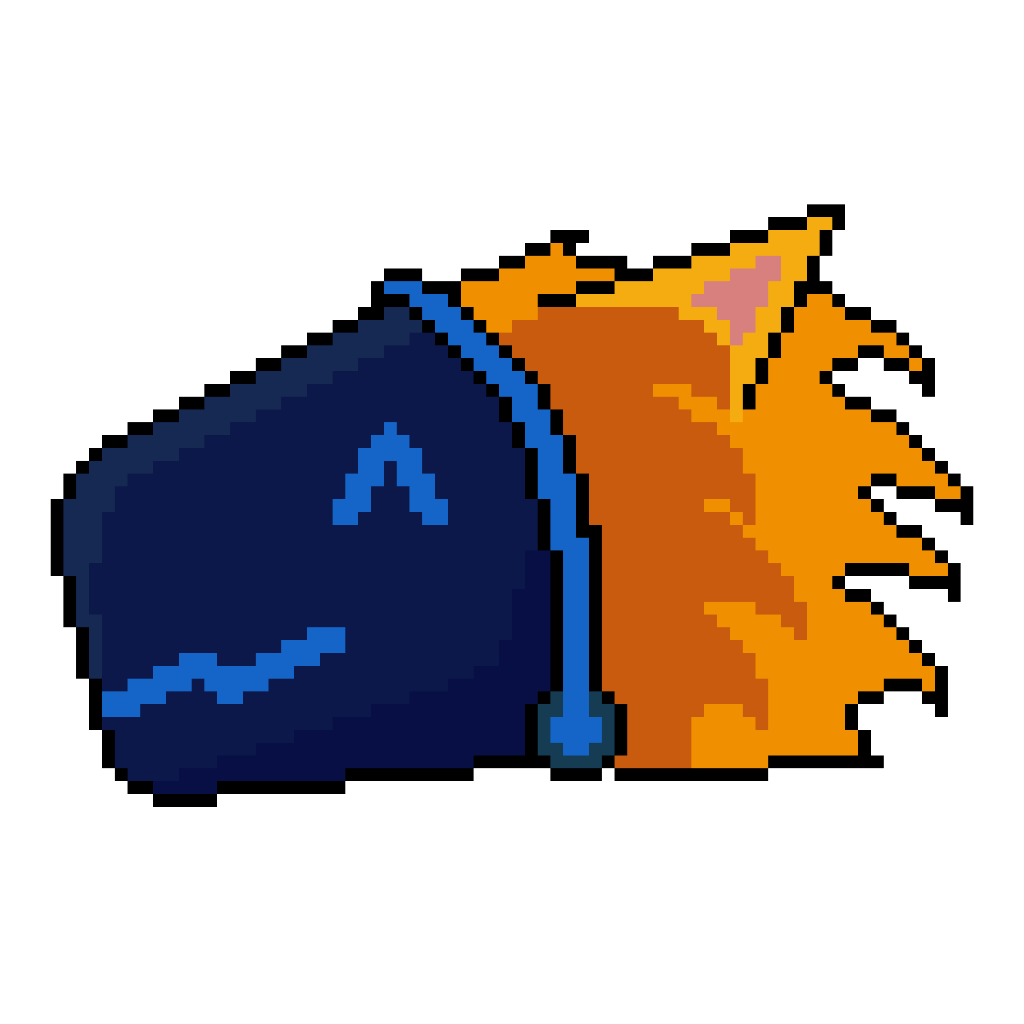
Plural System

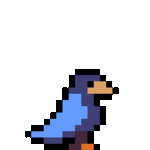
Events Team
The Events Team is responsible for organising and managing events within our community spaces, which can include anything from AMAs to fully-blown online modding conventions. While they aren’t Moderators, they are always backed up by the rest of the Community Team, and also have the ability to directly moderate events.


Plural System
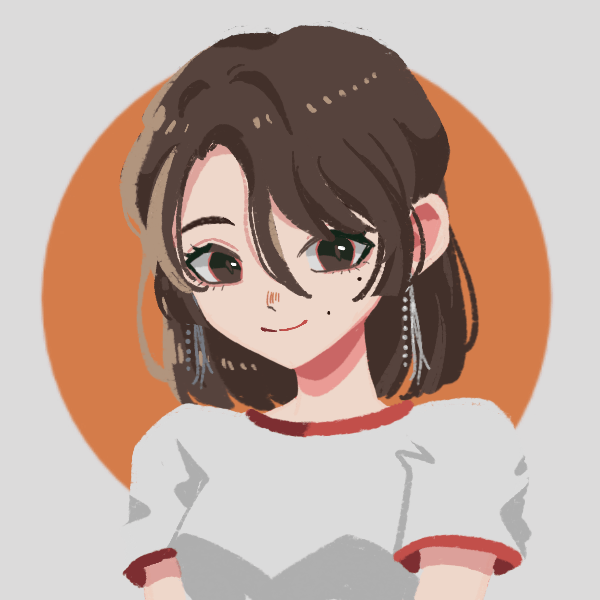
Outreach Team
The outreach team is responsible for communications outside of and within Quilt. They write blog posts, manage social media and website content, and run developer meetings, among other things.



Development Teams
Development teams are responsible for specific parts of The Quilt Project, which itself comprises a number of projects. Developent teams operate largely independently, allowing for self-governance as long as the relevant RFCs are followed.
Build Tools
The build tools team is responsible for several projects that are instrumental for creating Quilt mods, including compilation tooling and build system plugins. This team is responsible for the following projects:


Chasm
The Chasm team is responsible for maintaining Chasm, the Collision Handling ASM toolset. Chasm aims to provide a safer backend for modifying JVM bytecode at runtime, allowing for more compatible mixins and extra bytecode modification frontends.
Note: You may see projects with “ASMR” in the name on the QuiltMC GitHub organisation. This was the old, internal codename for Chasm, so those projects are associated with the Chasm team.
This team is responsible for the following projects:

Community Tooling
The Community Tooling team is responsible for projects that power Quilt’s community spaces, such as custom Discord bots. This team is responsible for the following projects:







Decompilers
The Decompilers team is responsible for projects relating to JVM bytecode decompilation. These projects are important because they allow modders to view a version of Minecraft’s source code, which is instrumental for figuring out what they need to do to extend the game. This team is responsible for the following projects:
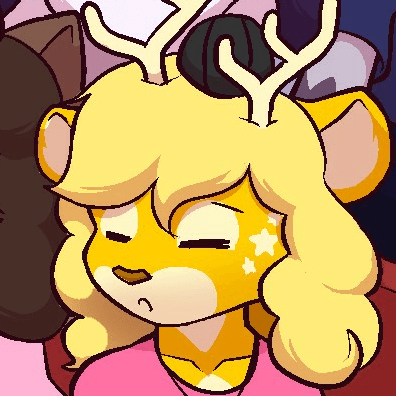

Infrastructure
The Infrastructure team is responsible for Quilt’s service infrastructure, including managing cloud platforms, server tooling, file repositories and API services for modders. This team is responsible for the following projects:




Kotlin
The Kotlin Team is responsible for maintaining the Quilt Kotlin Libraries (QKL), a set of libraries based off QSL and designed for use with the Kotlin programming language. These libraries provide an official way to use Kotlin on Quilt, as well as wrappers for QSL and the Minecraft codebase for easier use in Kotlin.

Plural System

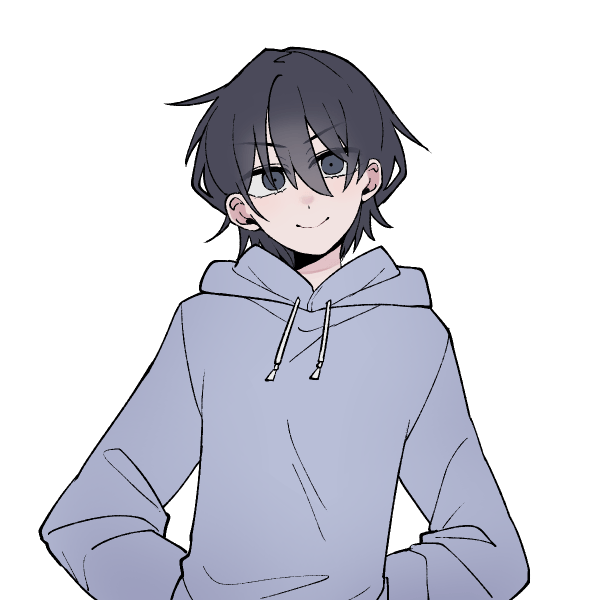
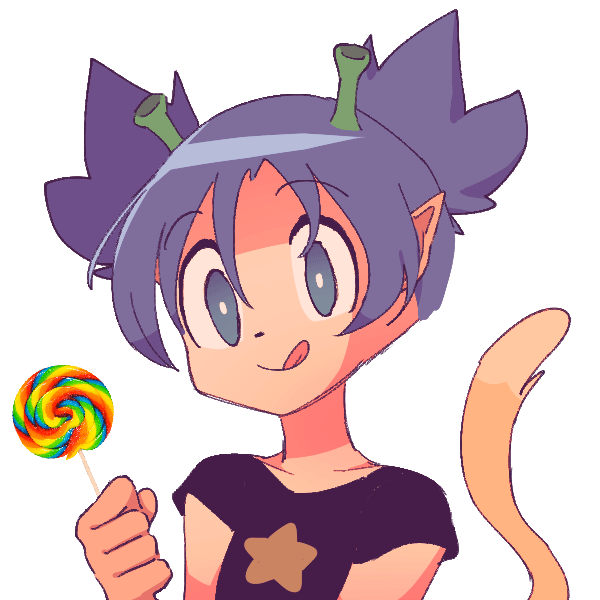


Plural System


Loader
The Loader team is responsible for projects relating to Quilt Loader, the project that actually handles loading mods into the game. This also includes projects like the installer and libraries used for parsing and generating mod metadata. This team is responsible for the following projects:



Mappings
The Mappings team is responsible for projects relating to remapping obfuscated names to human-readable names. This includes tools for matching names, mappings storage formats, javadoc generation tools, and much more besides. This team is responsible for the following projects:




Plural System





Quilt Standard Libraries (QSL)
The QSL team is responsible for maintaining a library of modules that provide extra APIs for modders to use when creating their mods. These APIs are designed to make certain tasks easier, and to help mods remain compatible with each other.
The QSL team is divided into subteams, and each team is responsible for specific QSL modules. These modules represent specific, distinct sets of library functionality — while they may depend on each other, they’re maintained individually.
This team is responsible for the following projects:
Core (Team Leaders)
The Core QSL team represents the QSL team’s leadership. The QSL Core team is responsible for the overall direction of the QSL project, as well as setting project standards and handling governance tasks, including assigning and removing team members from the QSL sub-teams.



Sub-Team: Block
This sub-team doesn’t have any members, so its modules are maintained by the Core team.
Sub-Team: Data
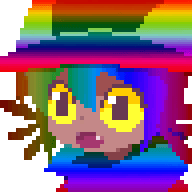

Sub-Team: Entity

Sub-Team: GUI
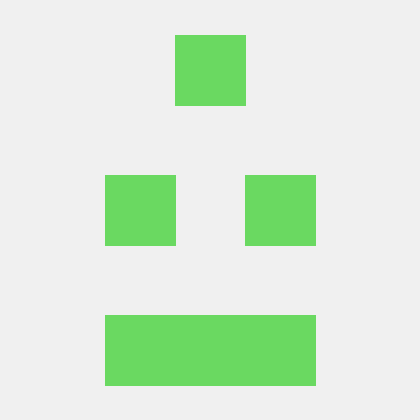

Sub-Team: Item

Sub-Team: Management
Sub-Team: Rendering
Sub-Team: Transfer

Sub-Team: Worldgen


Sub-Team: Quilted Fabric API

Triage Teams
Triage teams aren’t directly involved with development, but they’re still very important. They’re mostly responsible for reviewing pull requests to active Quilt repositories, ensuring that they’re up to spec and ready be merged. This allows for the development teams overseeing these repositories to focus on development, rather than reviewing PRs.
Mappings
This team is responsible for handling triage tasks for the following projects:




Plural System
